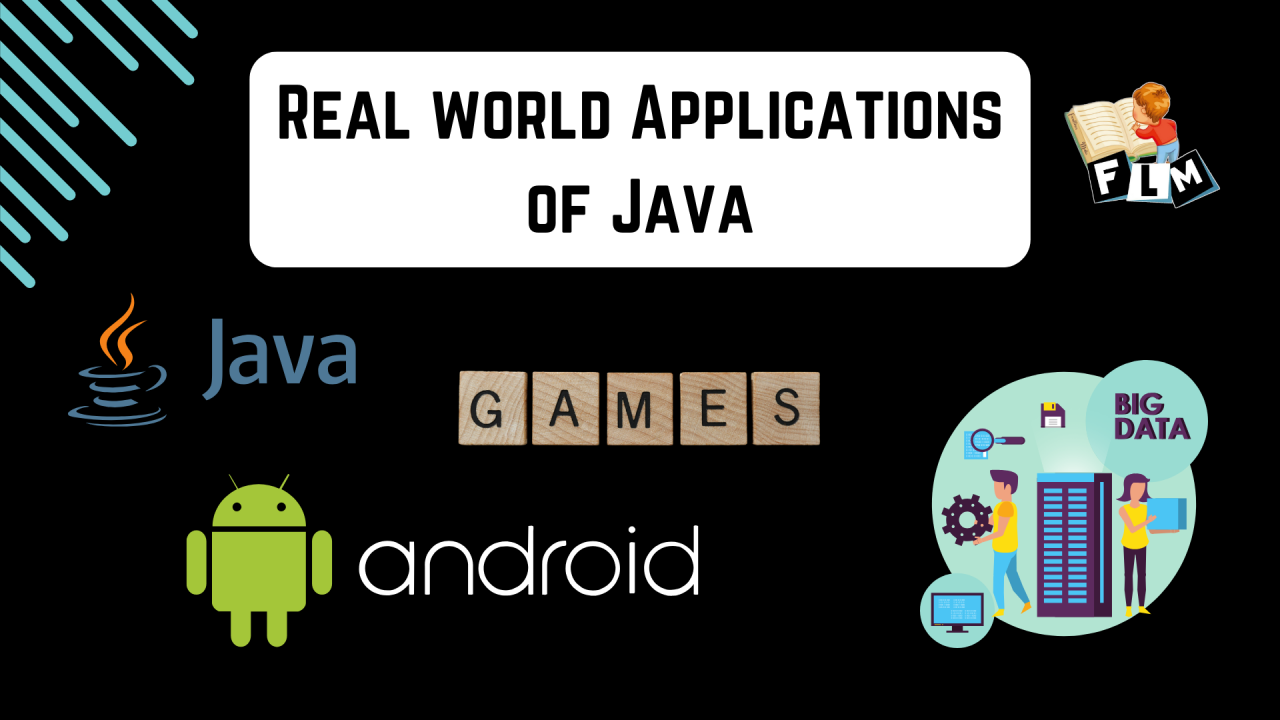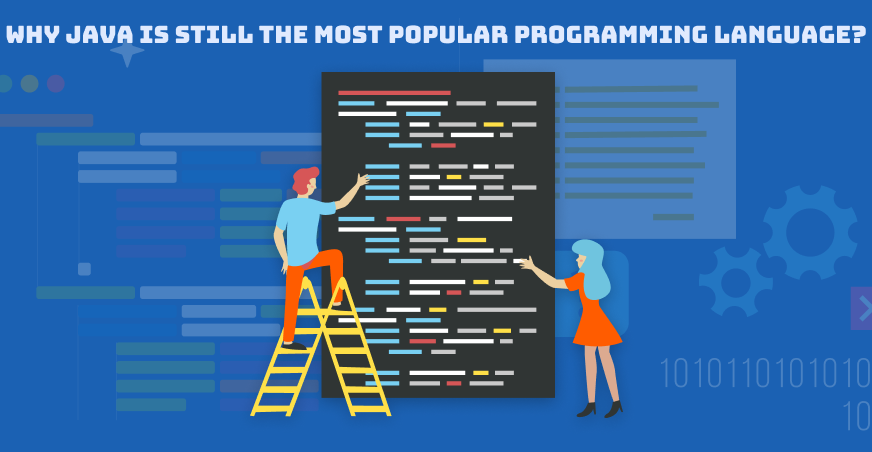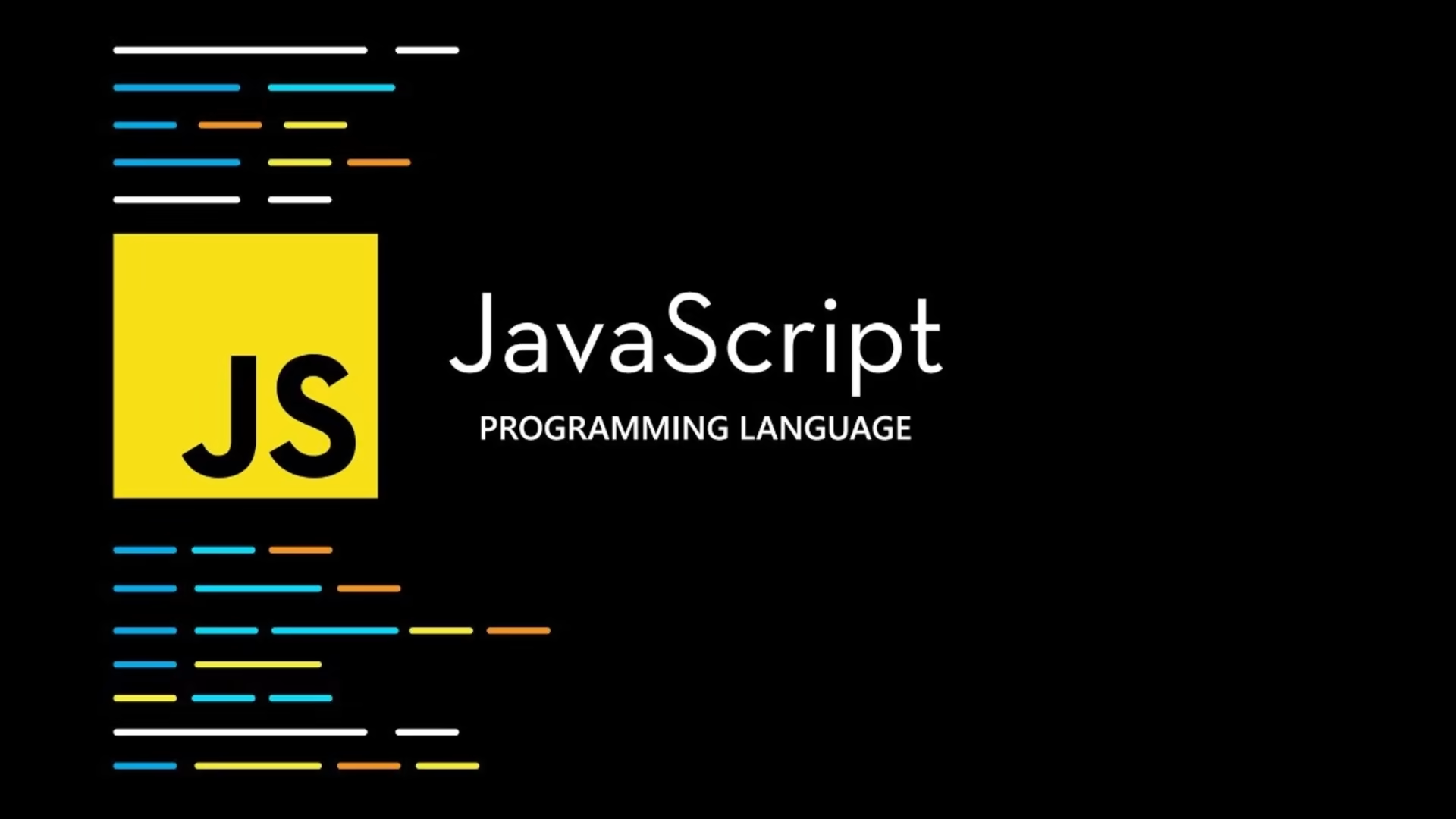What is Java? Java is one of the most popular programming languages in the world, and developers use it to build everything from mobile apps to large enterprise systems. Known for its reliability, Java is a favourite choice for beginners and experts alike. Many of today’s apps and software depend on Java to work smoothly.
What is Java known for? Java is versatile and easy to use, making it a top choice for many tech projects. From banking systems to games, Java powers a wide range of applications. It’s easy to see why so many developers choose to learn Java first when they want to start programming.
What is Java, and Why is it So Popular?

Java is a very popular programming language worldwide. Created in 1995 by Sun Microsystems, It is used in many apps and systems we use daily. It’s famous for being reliable and easy to learn, which makes it popular among beginner programmers. Java’s ability to run on different devices without changing the code also makes it a favourite choice.
One of Java’s best features is that it works on almost every kind of device – from computers to smartphones and even large servers. This “write once, run anywhere” ability means developers can write a program once, and it can work on many different systems. This saves programmers a lot of time and effort, making Java very efficient.
Java is also safe and secure, making it ideal for big companies and projects. Many organizations trust Java to build their websites, apps, and systems because it has robust security features that help protect against cyber threats. This adds to Java’s popularity and shows why it’s a dependable choice for programmers.
The Basics of Java: How It Works and What You Need to Know
Java is an object-oriented programming language. This means it creates programs using “objects”—small sections of code. Each object has a specific task, making it easier to build complex software. This structure makes Java simple to understand and ideal for building large applications in small, manageable pieces.
Java’s code is written in plain text, making it easy to read and write. A unique tool called the Java Virtual Machine (JVM) then translates this code into instructions that a computer can understand. This process helps Java programs run on many devices, giving them great flexibility.
Many people learning to code start with Java because of its simple syntax. The language has rules that make the code easy to follow so beginners can focus on understanding the basics of programming. Java also has a vast community that provides tutorials, advice, and resources, which makes learning more accessible and more enjoyable.
Why Java is Great for Beginners and Experienced Programmers
Java is great for beginners because it understandably teaches the basics of programming. Its straightforward style helps new programmers learn essential concepts, such as variables and functions. These concepts form the foundation of all programming, which is why Java is often recommended for those just starting out.
Experienced developers also like Java because it is powerful and versatile. They can use it for many different tasks, like building mobile apps, games, and websites. With Java, programmers can build complex applications that work on various devices, and they can be sure that the programs will be stable and perform well.
Java offers many valuable tools and libraries that help programmers complete their tasks more efficiently. Libraries are like collections of pre-made code, so developers don’t have to start from scratch each time. Java’s extensive library collection is another reason it’s a popular choice among both new and seasoned developers.
Where is Java Used in the Real World?

Java is everywhere! It is used in Android apps, banking systems, web applications, and more. In business, many companies use Java to handle large amounts of data and secure their systems. Because Java is so reliable, it’s trusted by industries like finance, healthcare, and technology.
In everyday life, Java powers many of the apps and games on Android phones. These apps cover everything from social media to mobile banking, so Java likely touches your life in some way every day. With its use in millions of devices, Java plays a huge part in making sure these tools work well.
Java also helps to run web servers and large databases. These are extensive systems that store information for websites and applications. Without Java, many online services would not work as smoothly or securely. Its role in real-world applications makes it one of the most essential programming languages today.
The Core Features of Java that Make it Unique
Java has several unique features that make it stand out. One of these is its portability, meaning Java programs can run on any device with a Java Virtual Machine. This flexibility is helpful in a world with so many different types of devices, making Java an excellent choice for developers who want their programs to be widely accessible.
Another essential feature is Java’s memory management. Java automatically handles the computer’s memory, which helps prevent crashes and ensures programs run smoothly. This is especially important for complex applications that use lots of data, as it makes sure the system remains stable.
Java is also known for its security. It has built-in features to protect against unauthorized access, which is crucial for applications dealing with sensitive information. These features make Java a secure choice for businesses and government systems where data protection is critical.
Getting Started with Java Programming: Tools and Tips
To get started with Java, you will need a few tools. The first is the Java Development Kit (JDK), which contains everything you need to write and run Java code. The second is an Integrated Development Environment (IDE) like Eclipse or IntelliJ, which helps you write code more efficiently.
When you begin learning Java, it’s helpful to start with small projects. Many beginners start by creating simple programs, like a calculator or a primary game. These projects help you learn the essentials of Java, such as how to write code and fix errors.
Many websites and tutorials provide step-by-step instructions for learning resources. Online courses and videos are also beneficial, as they guide you through the basics. Some great resources include CodeAcademy, JavaTPoint, and YouTube tutorials on Java programming.
Conclusion
Java is one of the most widely used programming languages, known for its reliability and flexibility. Java is a language that fits many purposes, from creating simple applications to running large business systems. Because of these strengths, Java has been a top choice in programming for many years and continues to be highly relevant today.
Learning Java can open doors to many careers and opportunities in technology. Whether you’re new to programming or an experienced coder, Java’s versatility and strong community make it a valuable language to learn. By understanding its core concepts, you can start creating your projects and explore the possibilities that Java offers.










